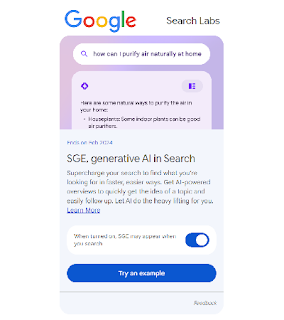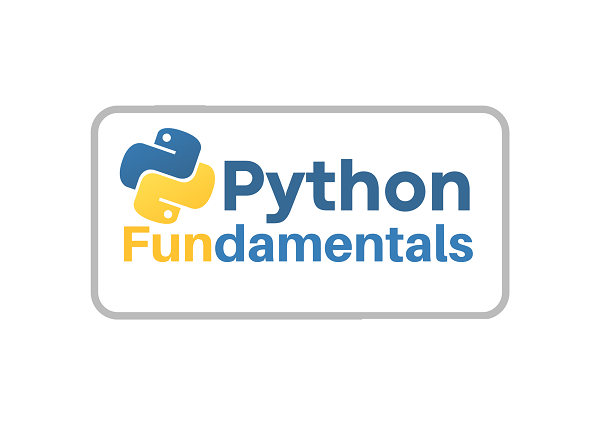AI in Yoga and Meditation: How Technology is Enhancing Mind-Body Practices
Article Summary:
- AI-powered yoga and meditation tools offer personalized instruction, real-time feedback, and customized routines to enhance mind-body practices.
- These tools can analyze data such as heart rate, breathing patterns, and movement to provide personalized guidance.
- Real-time feedback can help prevent injuries and improve technique for beginners and experienced practitioners.
- Customized routines can be tailored to individual needs, preferences, and goals for a more effective practice.
- Mindfulness training and stress management tools are also available through AI-powered yoga and meditation tools.
Yoga and meditation have been practiced for thousands of years as a
means of improving mental and physical health.
Today, technology is playing an increasingly important role in these
mind-body practices, with the development of AI tools that can help
practitioners enhance their experience and achieve deeper levels of relaxation
and mindfulness.
AI-powered yoga and meditation tools can provide a range of benefits for
both beginners and experienced practitioners, including personalized guidance,
real-time feedback, and customized routines that can be tailored to individual
needs and preferences.
These tools can help practitioners to deepen their practice, improve
their technique, and achieve their goals more effectively.
Personalized Instruction
One of the key benefits of AI-powered yoga and meditation tools is
personalized instruction.
These tools can analyze data such as heart rate, breathing patterns, and
movement to provide customized feedback and instruction.
By analyzing this data, AI tools can provide personalized guidance to practitioners, helping them to optimize their practice and achieve their goals.
Real-time Feedback
AI-powered tools can also provide real-time feedback on posture,
alignment, and breathing, allowing practitioners to make adjustments and
improve their technique.
This can be especially helpful for beginners who may not be familiar
with proper alignment and breathing techniques.
Real-time feedback can also help to prevent injuries and improve the
effectiveness of the practice.
Customized Routines
Another key benefit of AI-powered yoga and meditation tools is the
ability to generate customized routines.
These tools can generate routines based on the practitioner's goals,
experience level, and preferences.
This can help to keep the practice fresh and engaging, and can help
practitioners to achieve their goals more effectively.
By tailoring the routine to the practitioner's individual needs, AI
tools can provide a more personalized and effective practice.
Mindfulness Training
AI-powered tools can also provide training and guidance on mindfulness
practices, including techniques for focusing the mind and cultivating a sense
of calm and relaxation.
This can be especially helpful for beginners who are new to mindfulness
practices.
By providing guidance and support, AI tools can help practitioners to
develop a deeper understanding of mindfulness and how to incorporate it into
their daily lives.
Stress Management
Finally, AI-powered tools can provide tools and techniques for managing stress and anxiety. This can include breathing exercises, guided meditations, and visualization exercises.
By providing these tools, AI tools can help practitioners to develop coping skills for managing stress and anxiety in their daily lives.
This can be especially helpful for those who may be dealing with
high levels of stress in their personal or professional lives.
Conclusion
In conclusion, AI is transforming the world of yoga and meditation,
providing practitioners with personalized instruction, real-time feedback, and
customized routines that can help to enhance the mind-body connection and
improve overall health and wellbeing.
As these technologies continue to evolve and improve, they have the
potential to revolutionize the way we approach these ancient practices, making
them more accessible and effective for everyone.
However, it's important to remember that technology is not a replacement
for the guidance of a qualified instructor. AI tools can be a helpful
supplement to in-person instruction, but it's important to seek out guidance
and support from a qualified teacher or practitioner.
By working with a qualified instructor and incorporating AI tools into
their practice, practitioners can achieve deeper levels of relaxation and
mindfulness, and improve their overall health and wellbeing.




Comments
Post a Comment